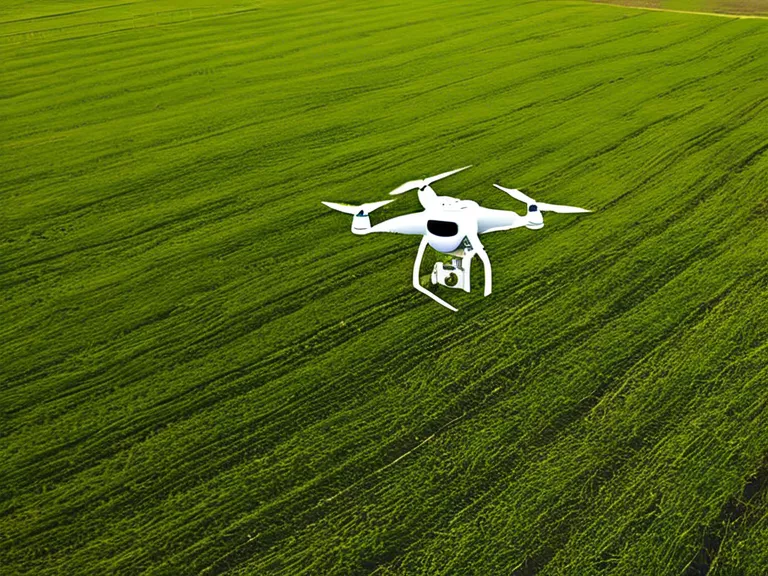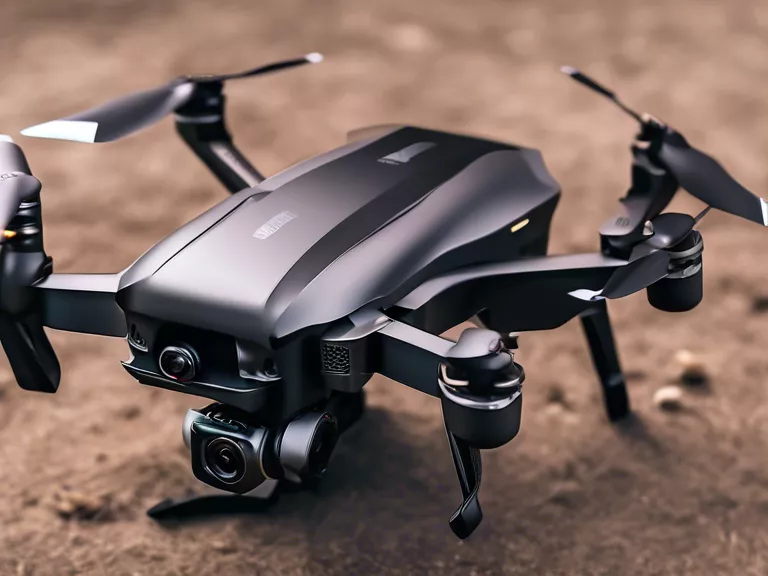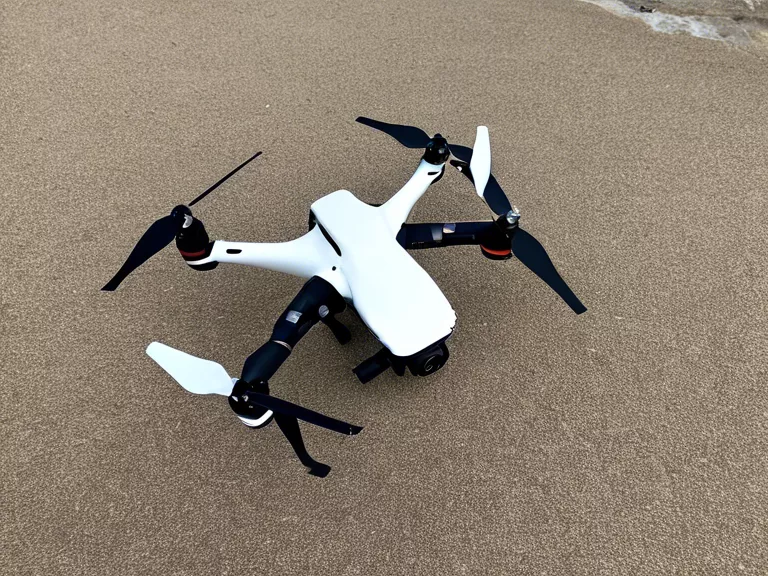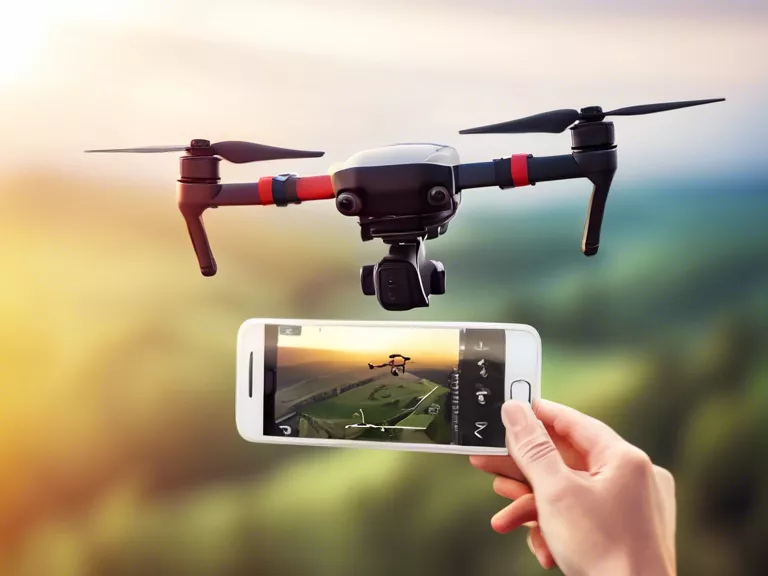
Drones have revolutionized the agricultural industry by enabling precision farming practices. From monitoring crop health to optimizing irrigation, drones are transforming the way farmers manage their fields. By utilizing drone technology, farmers can increase efficiency, reduce costs, and ultimately improve crop yields.
One of the key benefits of drones in agriculture is their ability to provide real-time data on crop health. Drones equipped with specialized sensors can capture high-resolution images of crops, allowing farmers to identify areas of stress or disease early on. This information can help farmers make informed decisions about which areas of the field may require additional attention, such as extra fertilizer or pesticide application.
Drones also play a crucial role in optimizing irrigation practices. By analyzing data collected from drones, farmers can determine which areas of the field are overwatered or underwatered. This precision allows farmers to adjust their irrigation schedules accordingly, leading to water conservation and increased crop productivity.
Furthermore, drones help farmers monitor field conditions without the need for manual labor. By flying over large stretches of land, drones can cover more ground in a fraction of the time it would take for a person to do the same task. This efficiency saves farmers time and resources, ultimately increasing their overall productivity.
In addition to crop monitoring and irrigation optimization, drones also have the potential to revolutionize other aspects of agriculture such as soil sampling, seed planting, and crop spraying. With continued advancements in drone technology, the possibilities for improving agricultural practices are endless.
In conclusion, drones are transforming agricultural practices through precision farming. By providing real-time data on crop health, optimizing irrigation, and increasing efficiency, drones are helping farmers make better decisions that lead to higher crop yields. As technology continues to evolve, the role of drones in agriculture will only continue to expand, revolutionizing the industry as we know it.



